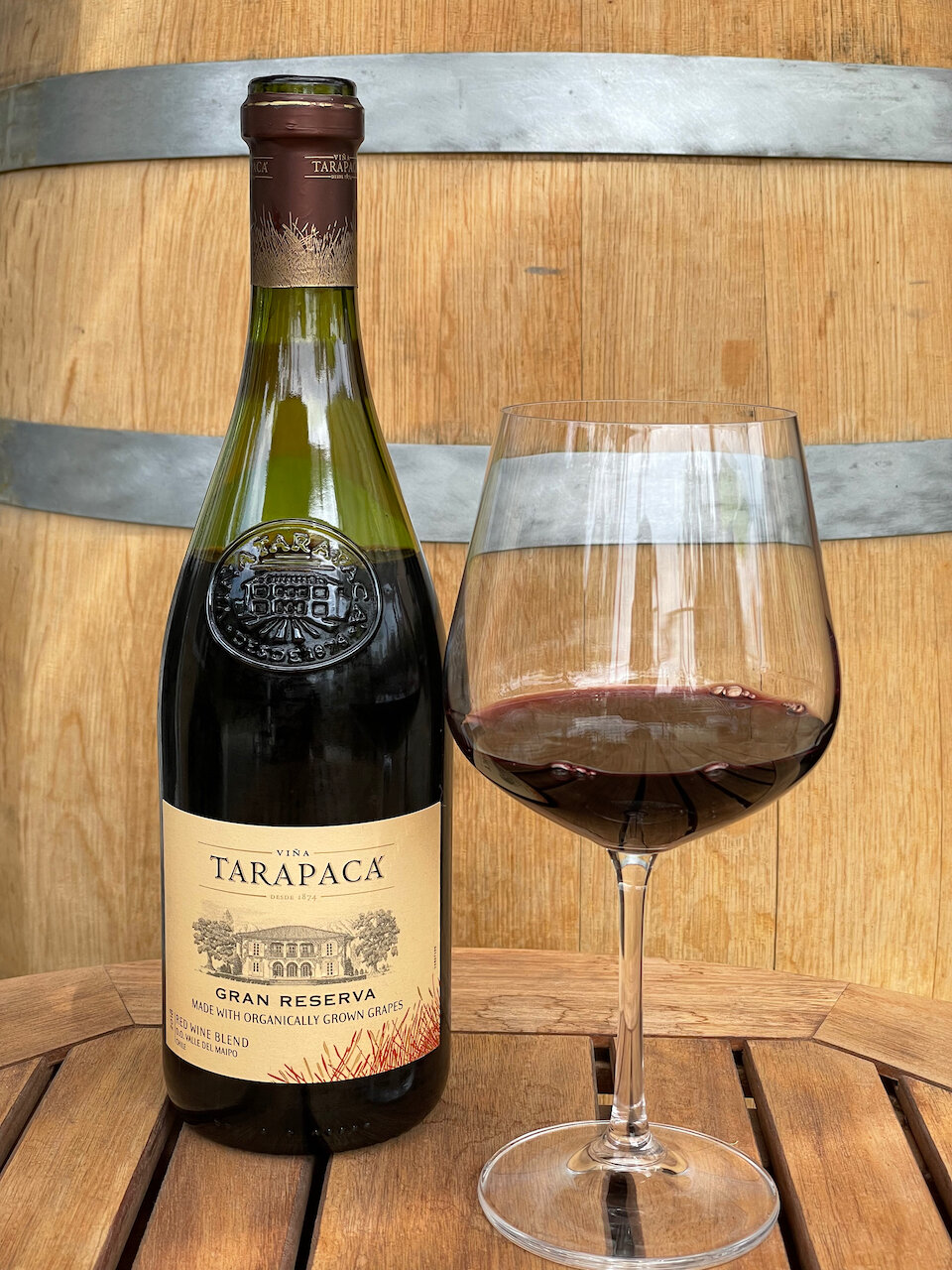There’s a lot of chemistry that goes into making wine. And we learn from basic chemistry that heat is a catalyst. When heat is applied to a chemical reaction, it speeds things up. So, temperature plays a role in the fermentation of wine.
The higher the fermentation temperature the faster the yeast will convert the grape’s natural sugars to alcohol. But, winemaking is a slow process. From the growing of the grapes to the aging of the wine. And, fermentation is no exception. Winemakers don’t want to rush this process. So, they actually take steps to cool-down, the thus slow-down, the fermentation process.
If a wine is fermented at too high a temperature, it can lack character as well as remove any terroir that the winemaker was hoping to capture. By fermenting a lower temperatures, a winemaker preserves the fruit flavors and helps preserve the subtle elements that terroir can add.
Red wines are typically fermented between 70 and 85 degrees F (20-30 degrees C). This temperature range results is richer colors, good tannin levels and richer fruit flavors. Fermentation temperatures that approach 90 degrees F can result in “cooked” flavors making the wine taste stewed, prune-like or raisin-y.
White wines are typically fermented even cooler than red wines at temperatures between 45 and 60 degrees F (7-16 degrees C). This helps preserve a white wine’s bright fruit aromas and flavors while providing balanced acidity levels.








